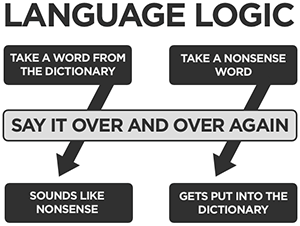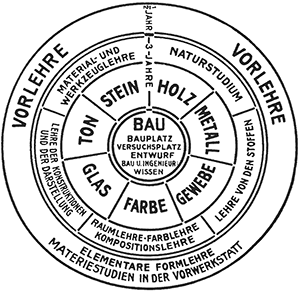A progress trap is the condition human societies experience when, in pursuing progress through human ingenuity, they inadvertently introduce problems they do not have the resources or political will to solve, for fear of short-term losses in status, stability or quality of life. This prevents further progress and sometimes leads to collapse.
The central problem one of scale and political will. The error is often to extrapolate from what appears to work well on a small scale to a larger scale, which depletes natural resources and causes environmental degradation. Large-scale implementation also tends to be subject to diminishing returns. As overpopulation, erosion, greenhouse gas emissions or other consequences become apparent, society is destabilized.
read more »
Progress Trap
Daqin
Daqin [da-chin] is the ancient Chinese name for the Roman Empire and, depending on context, the Near East, especially Syria. It literally means ‘Great Qin,’ Qin being the name of the founding dynasty of the Chinese Empire. Following the opening of the Silk Road in the 2nd century BCE, the Chinese thought of the Roman Empire as a civilized pendant to their own empire. The Romans occupied one extreme position on the trade route, with the Chinese located on the other. China never managed to reach the Roman Empire directly in antiquity, although general Ban Chao sent an envoy, Gan Ying, who left a detailed account of the Romans, but it is generally considered to have been based on second hand information:
‘Their kings are not permanent. They select and appoint the most worthy man. If there are unexpected calamities in the kingdom, such as frequent extraordinary winds or rains, he is unceremoniously rejected and replaced. The one who has been dismissed quietly accepts his demotion, and is not angry. The people of this country are all tall and honest. They resemble the people of the Middle Kingdom and that is why this kingdom is called Da Qin [literally, ‘Great China’]. This country produces plenty of gold [and] silver, [and of] rare and precious [things] they have luminous jade, ‘bright moon pearls,’ Haiji rhinoceroses, coral, yellow amber, opaque glass, whitish chalcedony, red cinnabar, green gemstones, gold-thread embroideries, woven gold-threaded net, delicate polychrome silks painted with gold, and asbestos cloth.’
Sinecure
A sinecure [sahy-ni-kyoor] (Latin: sine ‘without,’ cura ‘care’) means an office that requires or involves little or no responsibility, labor, or active service. Sinecures have historically provided a potent tool for governments or monarchs to distribute patronage, while recipients are able to store up titles and easy salaries.
A sinecure is not necessarily a figurehead, which generally requires active participation in government, albeit with a lack of power. A sinecure, by contrast, has no real day-to-day responsibilities, but may have de jure power.
Tafoni
Tafoni (singular: tafone) are small cave-like features found in granular rock such as sandstone, with rounded entrances and smooth concave walls. They often occur in groups that can riddle a hillside, cliff, or other rock formation.
They also frequently occur in granitic rocks. Small versions of tafoni are sometimes called alveoli; like the former, they are hypothesized to be results of salt weathering.
Semantic Satiation
Semantic satiation is a cognitive neuroscience phenomenon in which repetition causes a word or phrase to temporarily lose meaning for the listener, who can only process the speech as repeated meaningless sounds. The explanation for the phenomenon was that verbal repetition repeatedly aroused a specific neural pattern in the cortex which corresponds to the meaning of the word. Rapid repetition causes both the peripheral sensorimotor activity and the central neural activation to fire repeatedly, which is known to cause reactive inhibition, hence a reduction in the intensity of the activity with each repetition.
Several activities demonstrate the operation of the semantic satiation effect in various cognitive tasks such as rating words and figures that are presented repeatedly in a short time, verbally repeating words then grouping them into concepts, adding numbers after repeating them out loud, and bilingual translations of words repeated in one of the two languages. In each case subjects would repeat a word or number for several seconds, then perform the cognitive task using that word. It was demonstrated that repeating a word prior to its use in a task made the task somewhat more difficult.
Bauhaus
Bauhaus [bou-hous] is the common term for the Staatliches Bauhaus, an art and architecture school in Germany that operated from 1919 to 1933 in Germany and in the United States from 1937-1938. The most natural meaning for its name (related to the German verb for ‘build’) is Architecture House.
The Bauhaus school was founded by Walter Gropius in Weimar. In spite of its name, and the fact that its founder was an architect, the Bauhaus did not have an architecture department during the first years of its existence. Nonetheless it was founded with the idea of creating a ‘total’ work of art in which all arts, including architecture would eventually be brought together.
read more »









